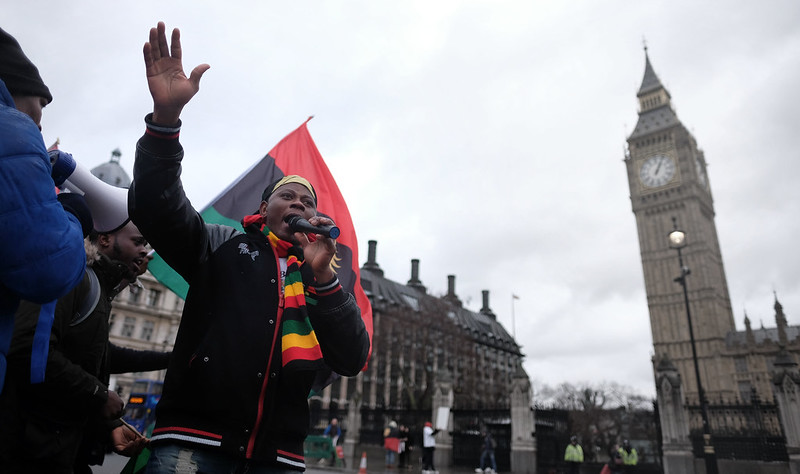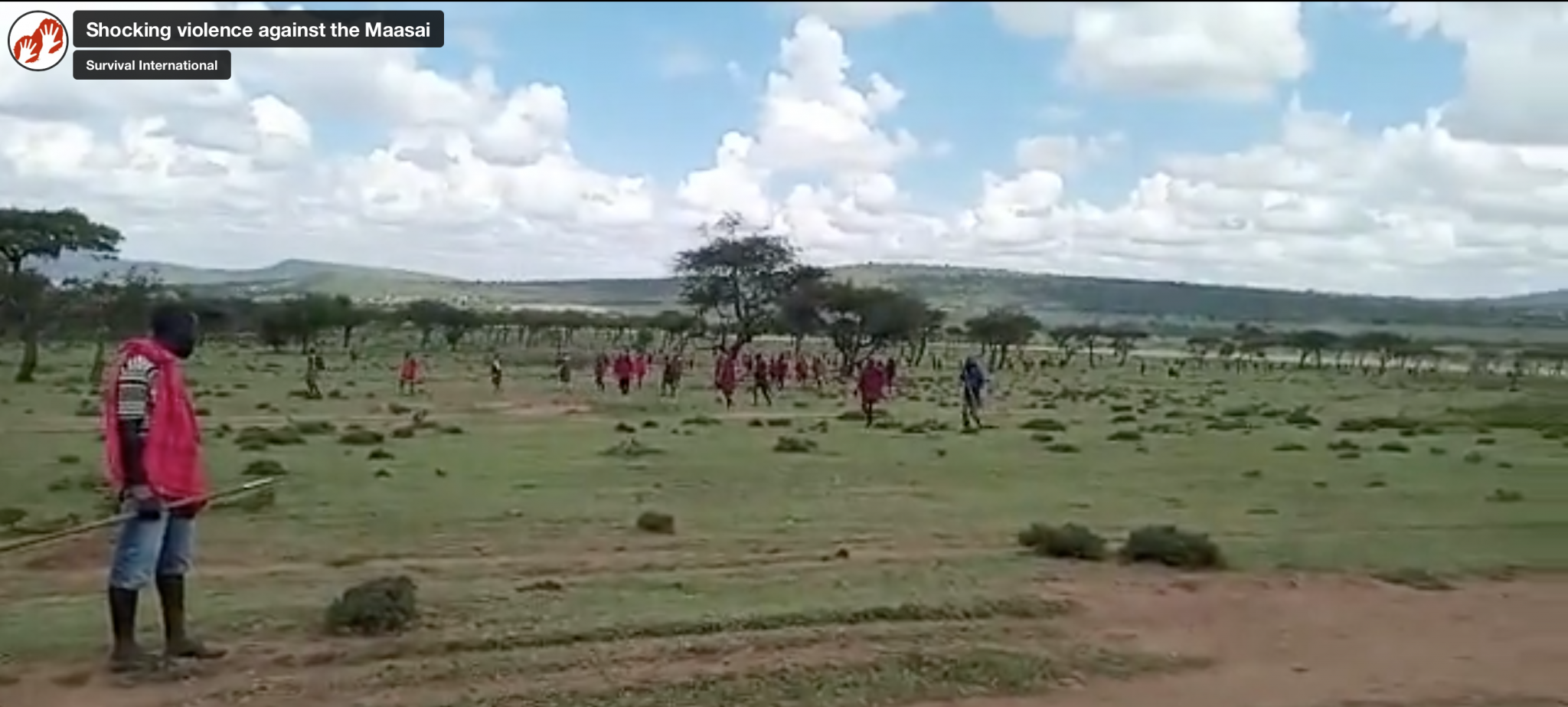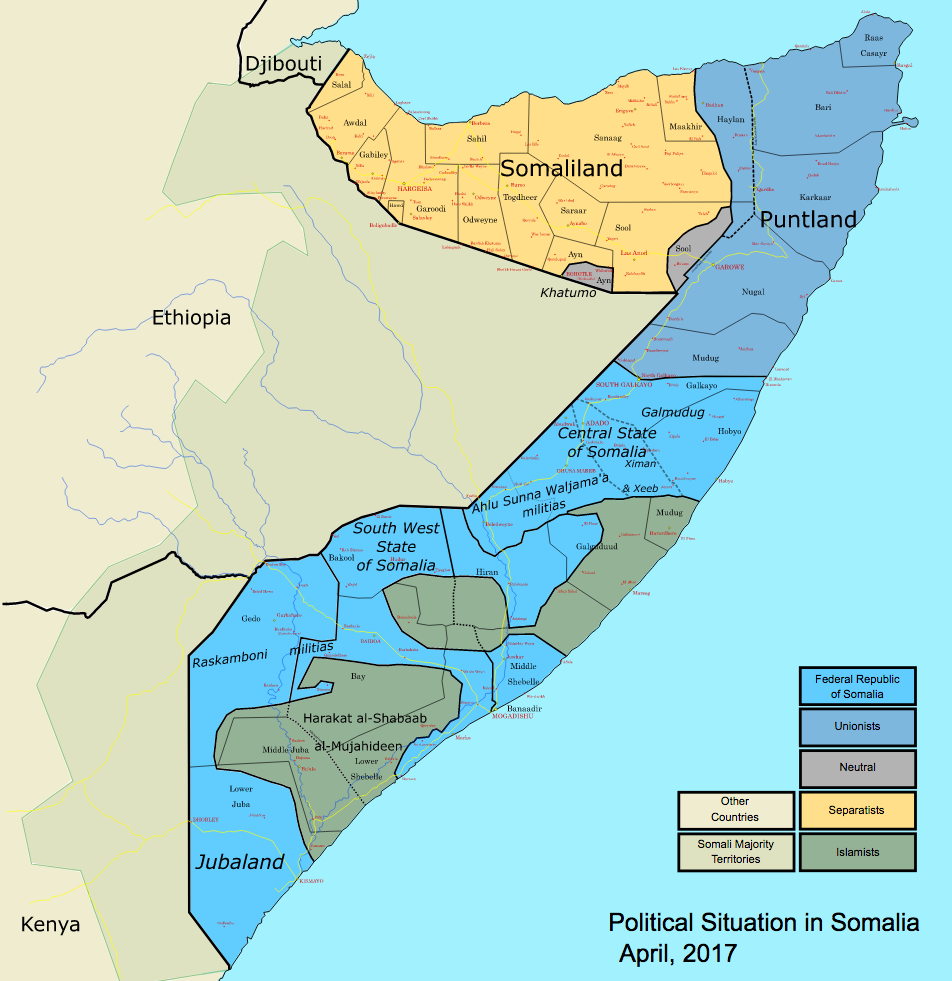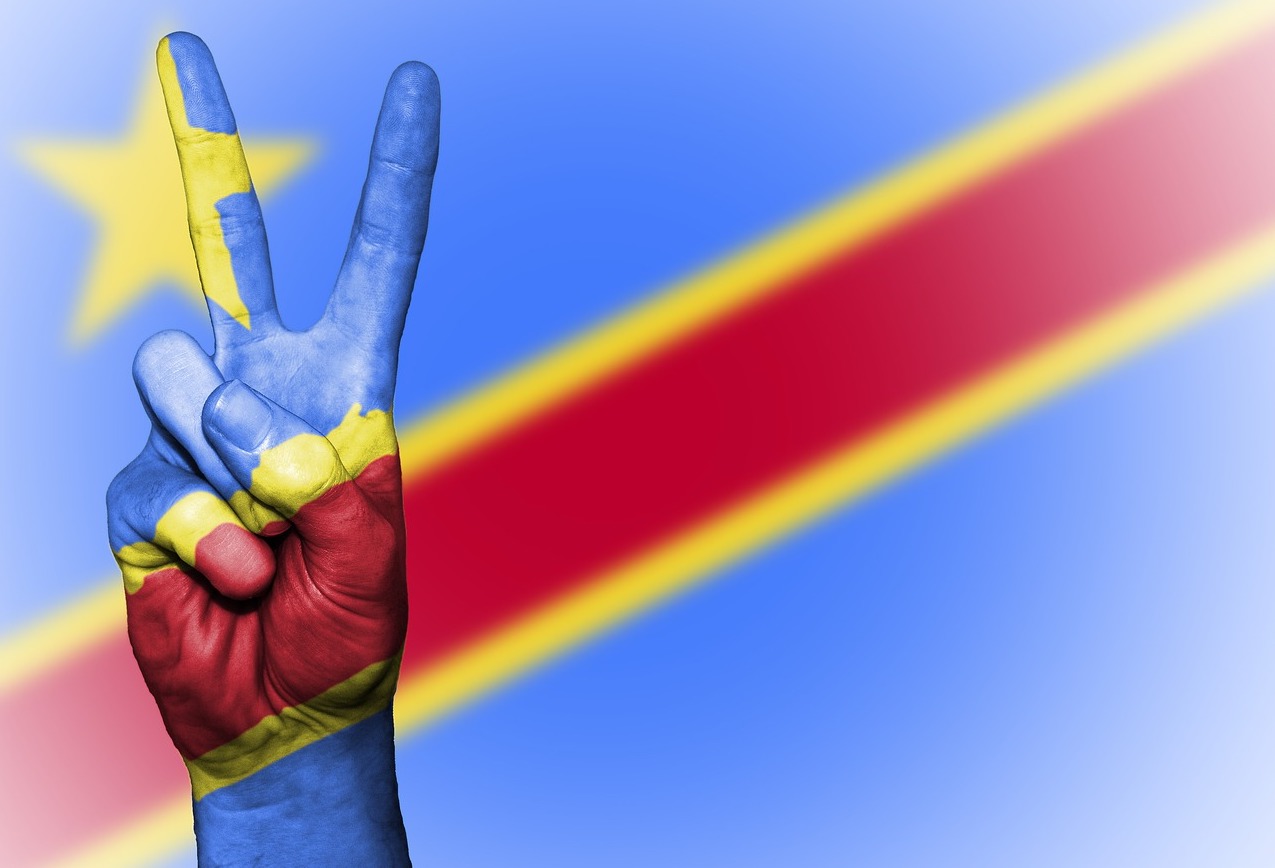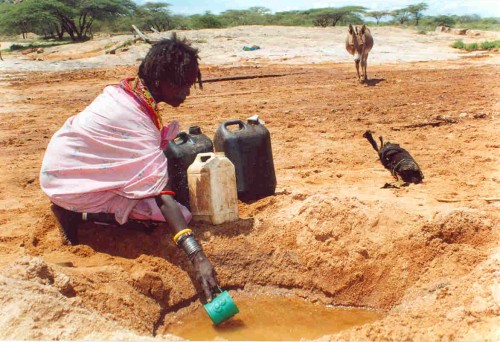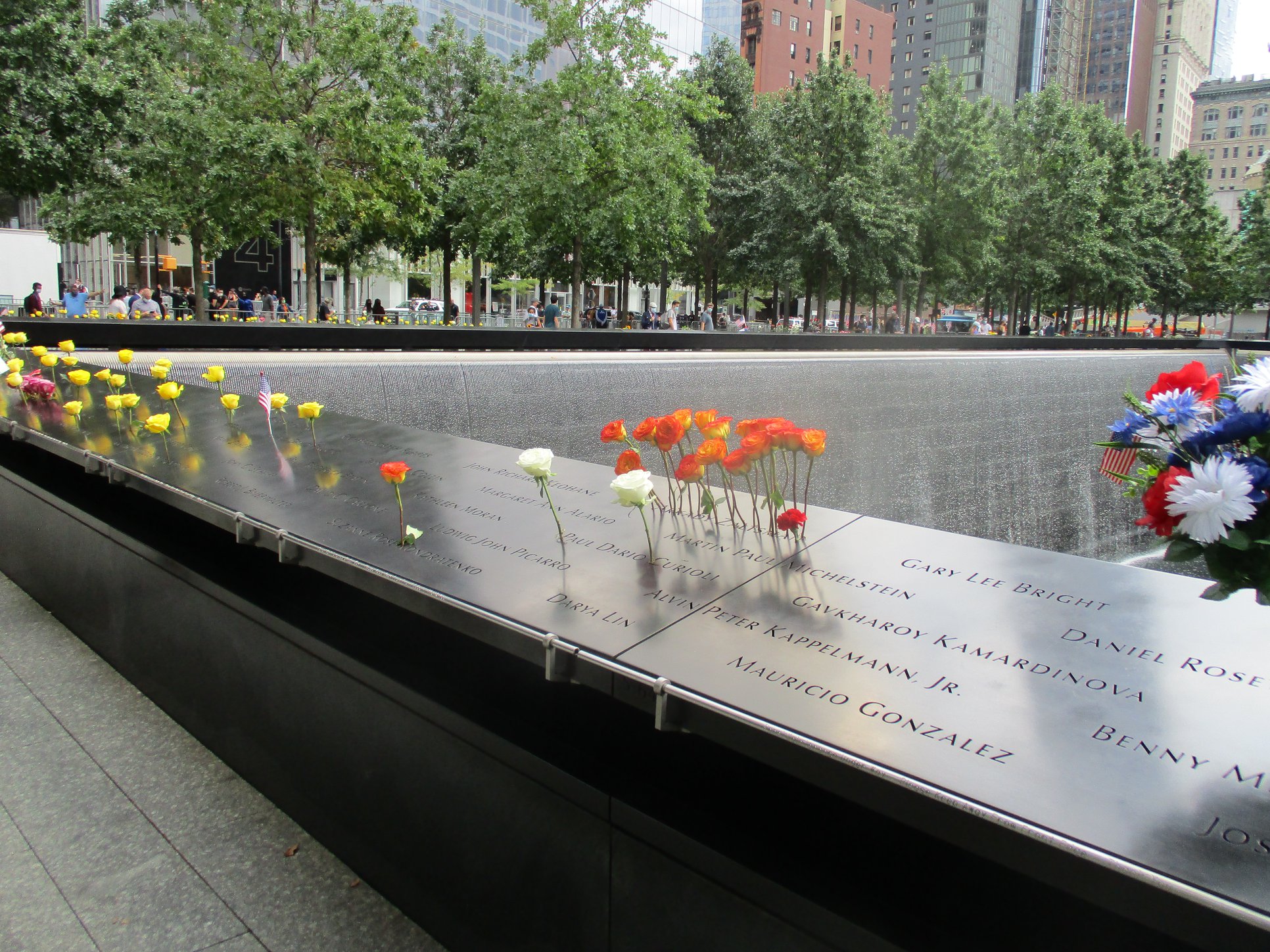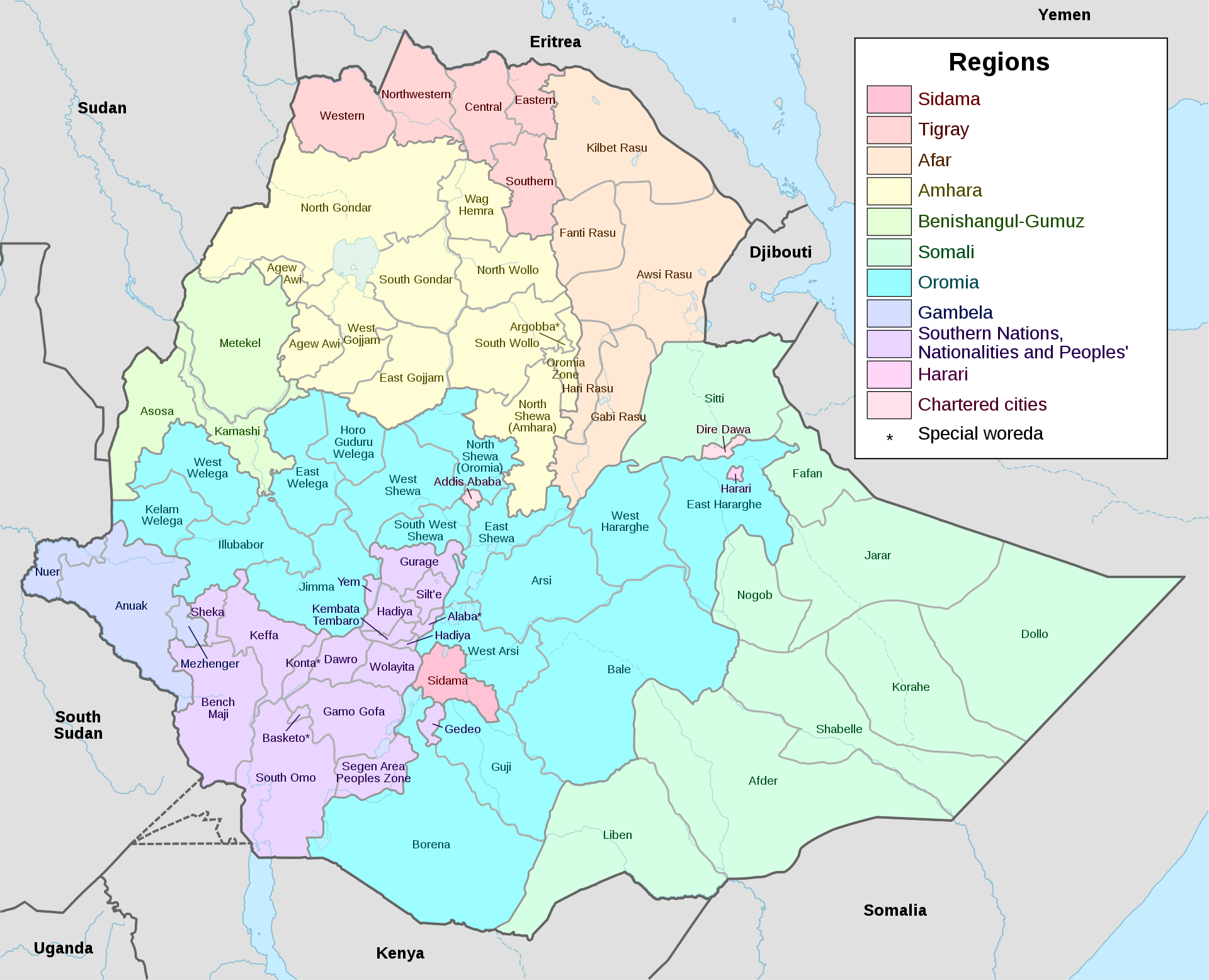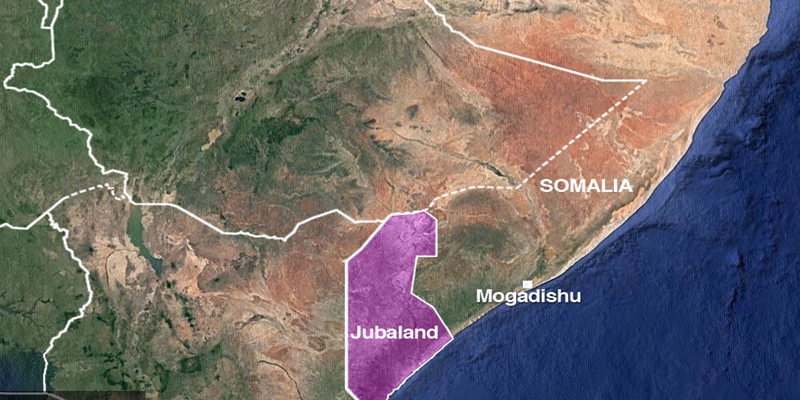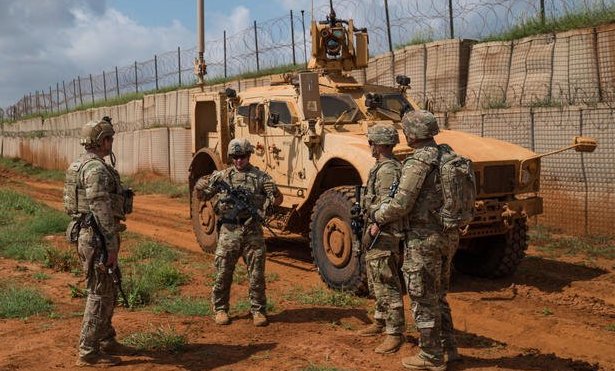East African troops deploy against M23 in Congo
Kenya is set to deploy a battalion of soldiers to eastern Democratic Republic of Congo as part of a regional military response to advancing M23 rebels. Kenya will command the new East African force, which will include troops from Burundi, South Sudan and Uganda. A notable absentee from this intervention will be Rwanda: Congo accuses Kigali of supporting M23, and tensions are soaring. In the past weeks, M23 has dramatically expanded the territory it controls, forcing UN peacekeepers to abandon a strategic base at Rumangabo, and closing in on the key city of Goma. In a region with a history of foreign meddling—in which more than 120 rebel groups operate—the East African deployment is distrusted. Both Burundi and Uganda already have troops inside Congo pursuing their own interests. (Map: CIA)



